SPRINGFIELD, IL – As lawmakers near the May 31 deadline to pass the 2026 state budget, Illinois residents face a wave of uncertainty—from rising taxes to record government spending and structural pension costs. While full budget details remain tightly held, several core components are emerging as major points of debate in Springfield.
Current Situation: One Day to Finalize Record Budget
Lawmakers must pass the 2026 budget by May 31 with a simple majority. If the process spills into June, a supermajority will be required.
With that deadline looming, the General Assembly is considering a $55.2 billion budget, similar to what Governor Pritzker proposed in February. But falling revenue projections, rising pension obligations, and funding demands from sectors like public transit are making last-minute decisions increasingly contentious.
Past Context: From Promises to Pressures
- Governor Pritzker’s original plan included a $2B increase over last year’s budget
- Largest planned spending increase: $514 million for public pensions, including expanded Tier 2 benefits
- $308 million boost for K–12 education, despite ongoing declines in student performance and enrollment
- Health insurance costs for state employees projected to rise by $341 million, largely due to the 2023 AFSCME contract
- Economic development budgets have been repeatedly slashed, and may be cut again by $325 million
These spending expansions come at a time when Illinoisans are already burdened by the nation’s highest combined state and local tax rate.
What Could Happen Next: Tax Hikes and Tradeoffs
The revenue gap is widening. The Governor’s office has lowered its initial estimates by $536 million, and the state’s forecasting body expects a $737 million shortfall. To close the gap, lawmakers are considering more than $10 billion in new or expanded taxes, including:
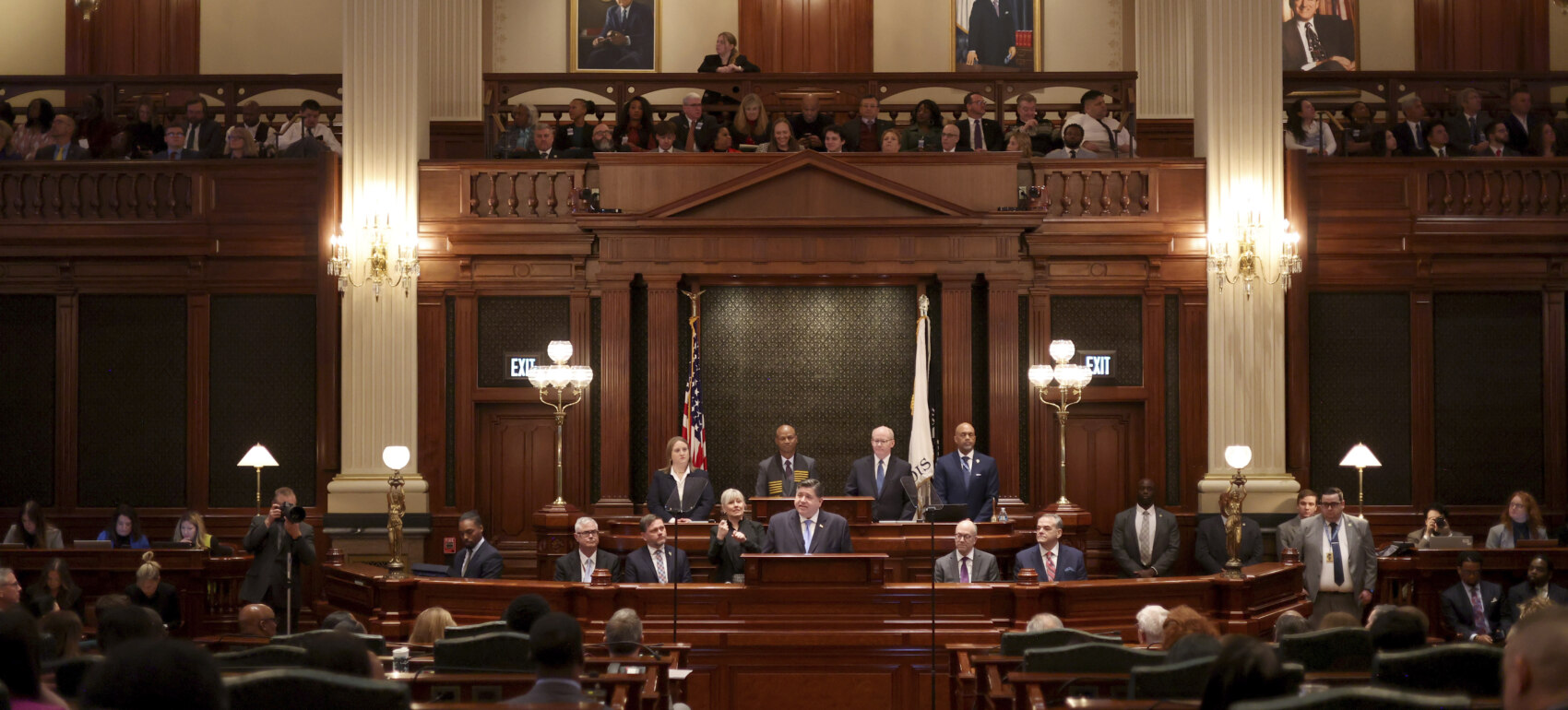
- Payroll and service taxes
- Capital gains surcharges
- Taxes on digital ads and carried interest
- Corporate tax hikes and removal of key exemptions
Transit funding remains a major flashpoint. The Regional Transportation Authority (RTA) faces a $771 million shortfall, prompting talks of bailouts and additional taxes that weren’t part of the original budget.
The Long-Term Stakes
Critics argue the state should instead pursue pension reform, spending caps, and reserve building. Without structural fixes, each future budget may rely on increasingly aggressive revenue tactics that risk taxpayer fatigue and business disinvestment.
“This isn’t just about balancing books—it’s about setting a foundation for long-term fiscal health,” noted analysts from Illinois Policy Institute.
Do you support the push for increased taxes to maintain state services? What areas do you believe should be prioritized or cut in the 2026 budget? Comment below to share your take on Illinois’ financial future.
Stay with ChicagoSuburbanFamily.com for real-time budget decisions and citywide financial updates.

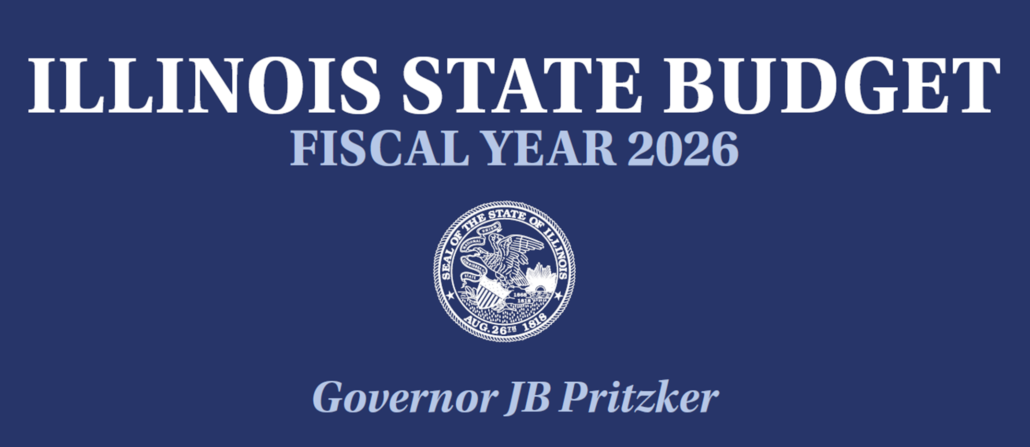

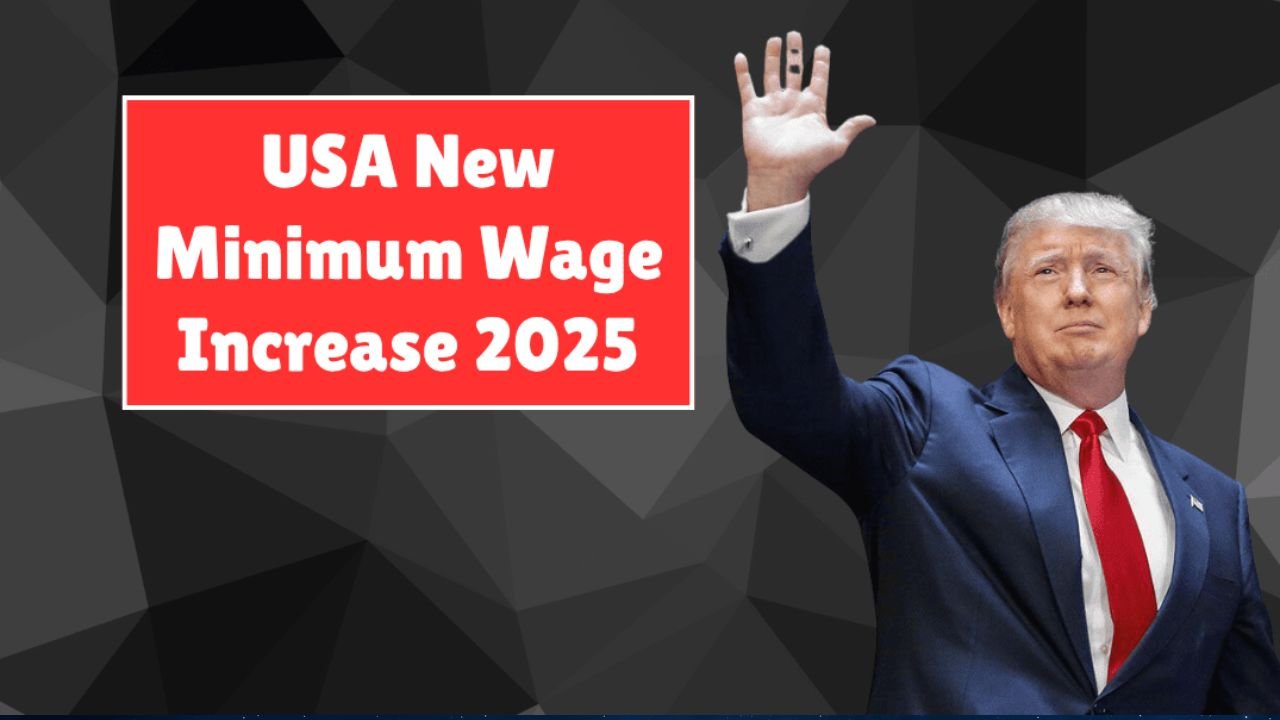
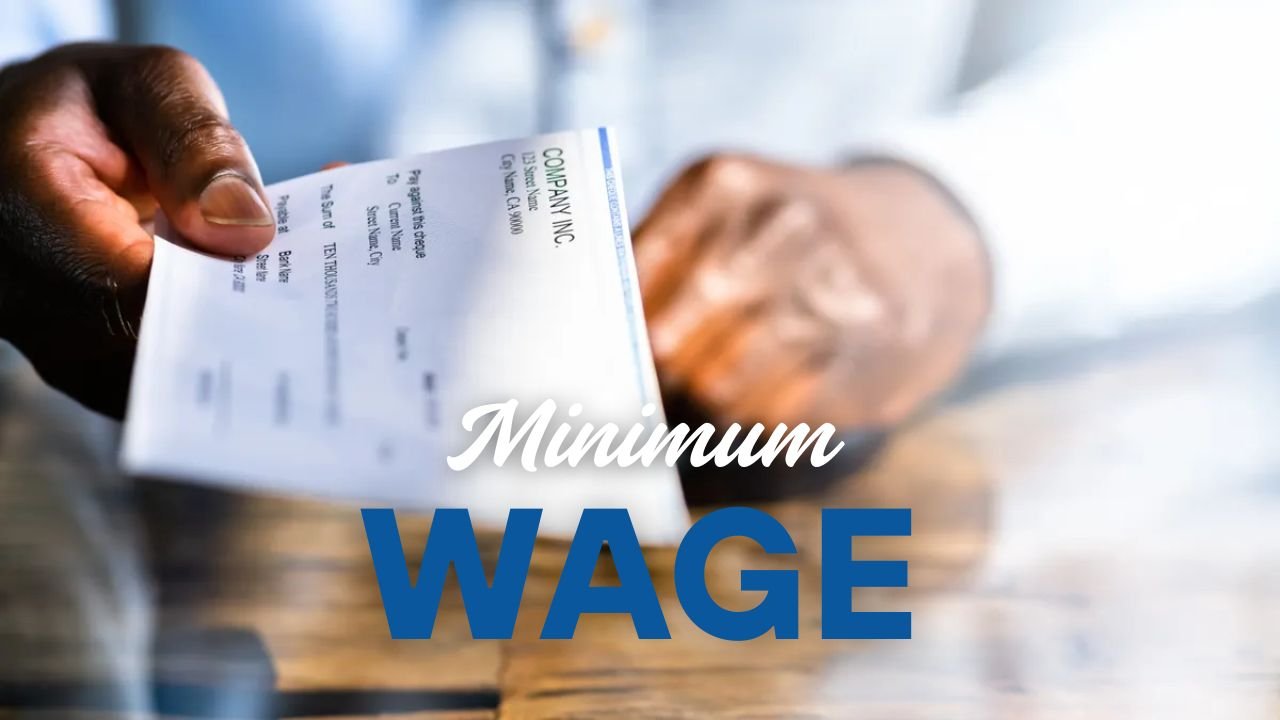
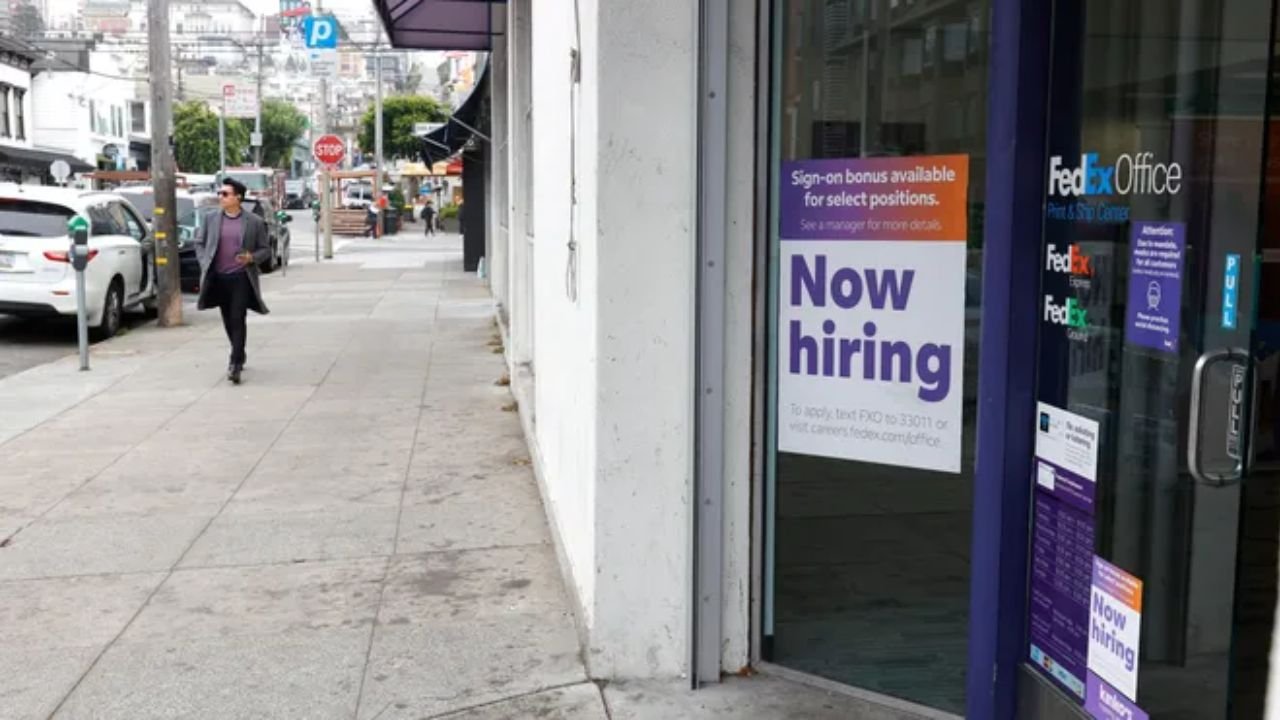




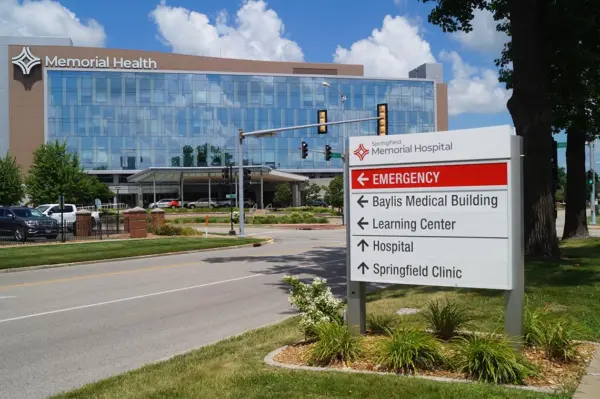


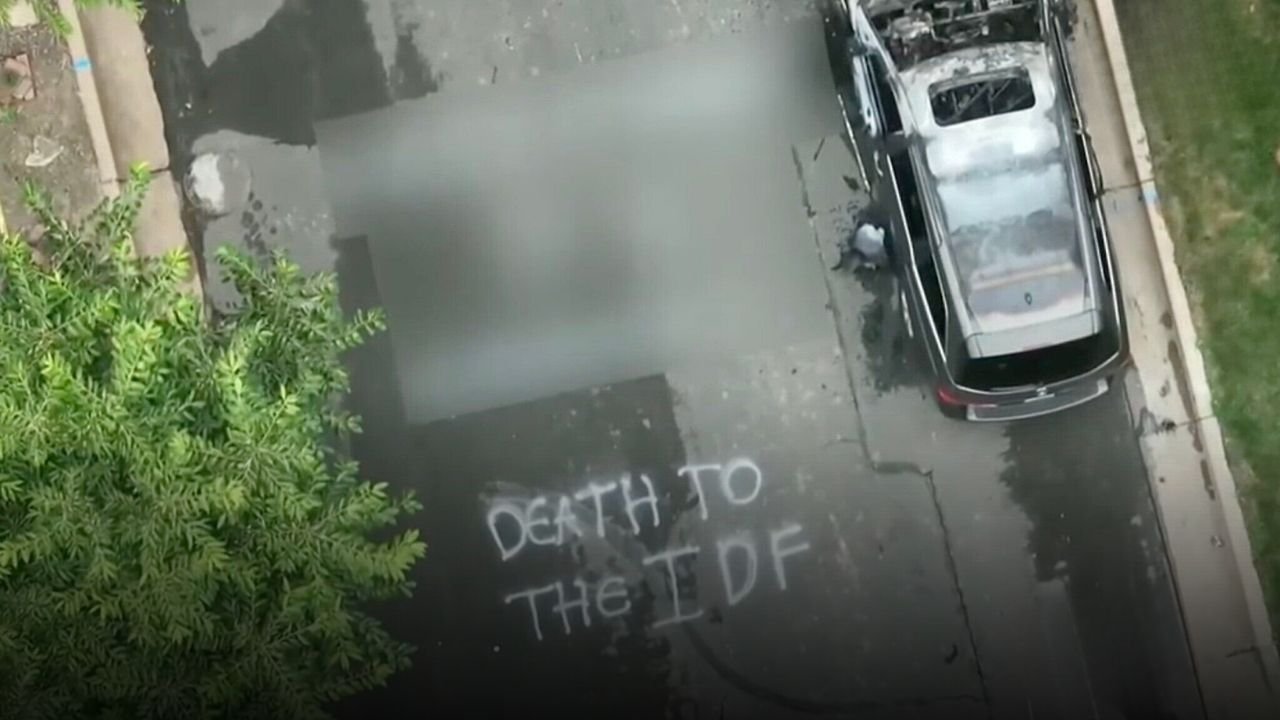

Please undo tier 2! 45 years in the classroom teaching is too many for a subpar pension when we put into the pension the same as tier 1.
Thank you for sharing your experience, Cheryl. Many educators echo similar concerns about pension disparities, and your voice adds important context to this ongoing debate.